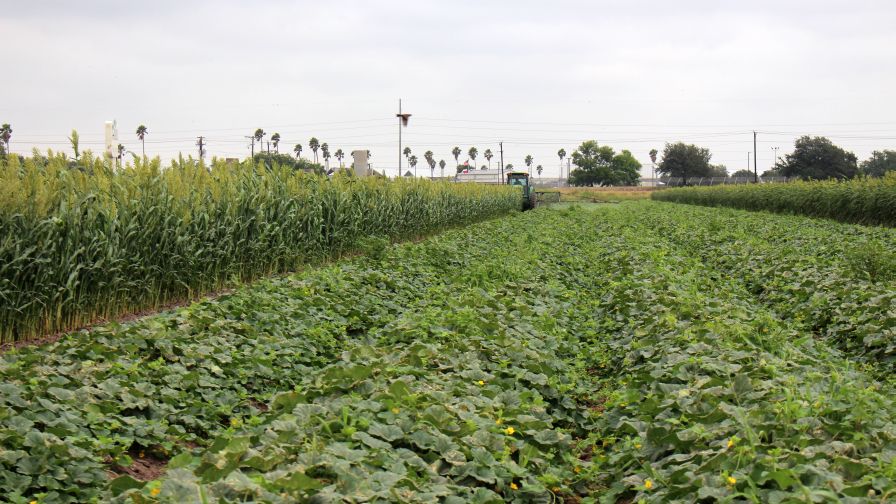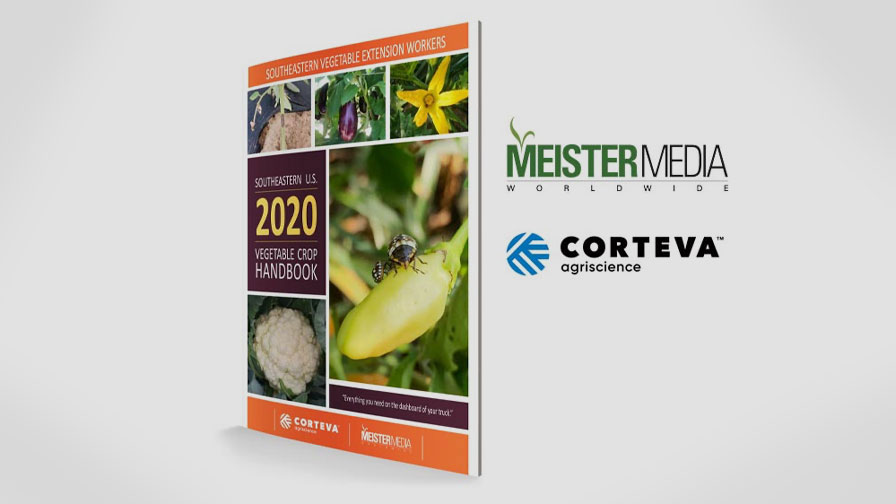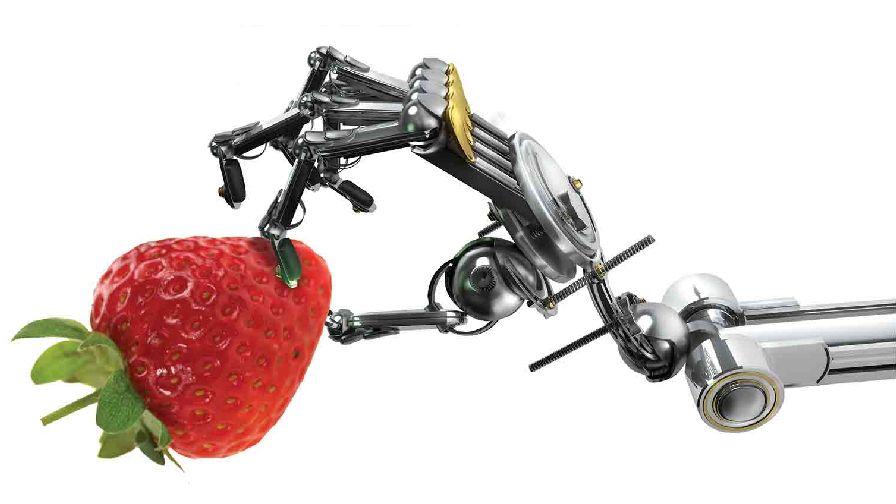Study Shows Treating Spinach With Viruses Reduces E. Coli Concentrations
Treating food products with select bacteriophages — viruses that target and kill bacteria — could significantly reduce concentrations of E. coli, a Purdue University study shows.
An injection of bacteriophages, which are also known informally as “phages,” nearly eradicated a toxin-producing strain of E. coli in contaminated spinach and ground beef, in some cases decreasing E. coli concentrations by about 99%.
The study suggests that bacteriophage treatment could be an effective tool to help ensure the safety of food products, said Paul Ebner, associate professor of animal sciences.
“Phage treatment is a way of harnessing the natural antibacterial properties of phages to limit E. coli and other important foodborne pathogens,” Ebner said. “Applying this kind of therapy to contaminated foods will make them safer.”
While most strains of E. coli are harmless, some can cause severe and potentially fatal illnesses. The strain used in Ebner’s study — E. coli O157:H7 — caused more than 63,000 illnesses, 2,100 hospitalizations and 20 deaths in the U.S. in 2011. Ingesting as few as 10 colony-forming units of E. coli O157:H7 can result in serious illness.
Ebner and Purdue graduate students Yingying Hong and Yanying Pan infected fresh spinach leaves and ground beef with about 10 million cells of E. coli, a far greater amount than typically found in contaminated food products, Ebner said. The researchers then treated the food with a “phage cocktail,” a liquid containing three kinds of phages selected for their ability to quickly and efficiently kill E. coli. Using a variety of phages also helps prevent the bacteria from developing resistance.
After 24 hours, the treatment had reduced E. coli concentrations in the spinach, stored at room temperature, by more than 99.9%. E. coli dropped by more than 99.8% and about 99.8% in spinach after 48 and 72 hours, respectively.
In ground beef stored at room temperature, the phages cleaned up about 99% of E. coli bacteria within 24 hours. The number of E. coli in refrigerated and undercooked ground beef shrunk by about 68% and 73%, respectively.
“Bacteria have viruses just like we do,” Ebner said. “We’re taking what already exists in nature and concentrating it to have an impact on these bacteria.”
The search-and-destroy methods of phages sound like the stuff of science fiction: Spaceship-like phages dock onto the receptor sites of a host bacterium cell and deploy a syringe-like device that penetrates the cell wall. They inject their own DNA into the host cell, transforming it into a phage-making factory. The cell assembles phages until it contains so many it explodes, releasing the next generation of phages to find new hosts.
“Phages are the most abundant life forms on the planet – if you consider viruses to be alive,” Ebner said. “You can eat thousands of phages just by licking your lips.”
Ingesting phages does not pose a threat to human health because phages are highly host-specific, only targeting certain types of bacteria, said Ebner.
“Phage therapy is a way of using microbes beneficially, similar to using probiotics in yogurt,” he said.
Interest in using phages as antibacterial treatments has increased with the rise of antibiotic-resistant bacteria. The host specificity of phages can be an advantage over broad-spectrum antibiotics, which can wipe out both pathogenic and beneficial bacteria, Ebner said.
He said phage therapy is not a substitute for antibiotics, but “it can be very effective when used at specific time points and for shorter periods.”
The paper was published in the Journal of Animal Science.
Source: News release from Purdue Agriculture News










